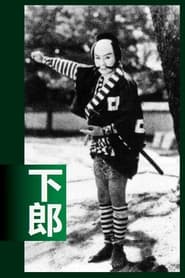detail profile gor c5 8d kawabe
Peran Yang Di Mainkan Gorō Kawabe
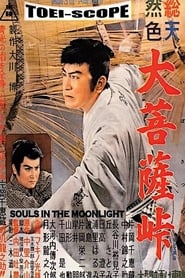 First part of the famous Daibosatsu...
First part of the famous Daibosatsu...Souls in the Moonlight 1957
First part of the famous Dai-bosatsu toge trilogy, based on Kaizan Nakazato’s unfinished long series of novels (41 books, written from 1913 to 1941). Set in the last period of the Tokugawa Shogunate, Daibosatsu Toge tells the story of Tsuke Ryunosuke, a nihilistic swordmaster who doesnt hesitate to kill anyone, bad or good. Despite the authors explicit refusal, the series were later made into plays and movies several times.
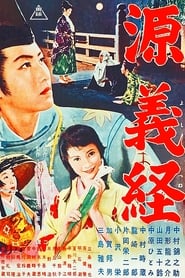 A historical scroll depicting the story...
A historical scroll depicting the story...Minamoto Yoshitsune 1955
A historical scroll depicting the story of the tragic fate of the young samurai Minamoto Yoshitsune, based on the novel by Genzo Murakami. The action of the first part takes place in the late Heian period, when the Taira clan came to power, and Genji was oppressed. The great dream and ambitions of Genkuro Yoshitsune in his youth are depicted, he joins forces with his older brother Yoritomo to raise an army to defeat the Taira clan, and the second part depicts the fall of the clan, persecution and murder.
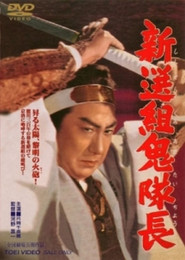 Kondo Isami the Devil commander of...
Kondo Isami the Devil commander of...Fall of the Shogun's Militia 1954
Kondo Isami, the “Devil” commander of the Shinsengumi was one of Japan’s greatest national heroes and a peerless swordsman who devoted his life to protecting the shogun and fighting on the side of the Tokugawa. This tells the story of the Shinsengumi starting at the moment of their greatest triumph through the final battles as the Tokugawa shogunate was brought down.
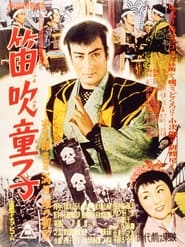 After the Onin War ended in 1477...
After the Onin War ended in 1477...Clan Revival 1954
After the Onin War ended in 1477, Kyoto was left in ashes and the nation was in complete disorder. Bands of roving samurai called the "nobushi" terrorized the country under the leadership of Akagaki Genba and overthrew Mangetsu Castle in Tanba Province scattering the few survivors. Lord Niwa's two sons have been studying in China and return to Japan upon hearing of the tragedy in an attempt to restore the clan. On Mt. Oe they meet magician Kiri no Kojiro and try to enlist his aid. With touches of the supernatural and rousing sword-play can they succeed against the evil villains whose symbol is the skull mask?
 A captivating operetta by Masahiro Makino...
A captivating operetta by Masahiro Makino...Yaji And Kita's Traveling Diary 1938
A captivating operetta by Masahiro Makino based on Juppensha Ikku's humorous novel "Tōkaidōchū Hizakurige" starring Chiezo Kataoka and Kyoji Sugi.
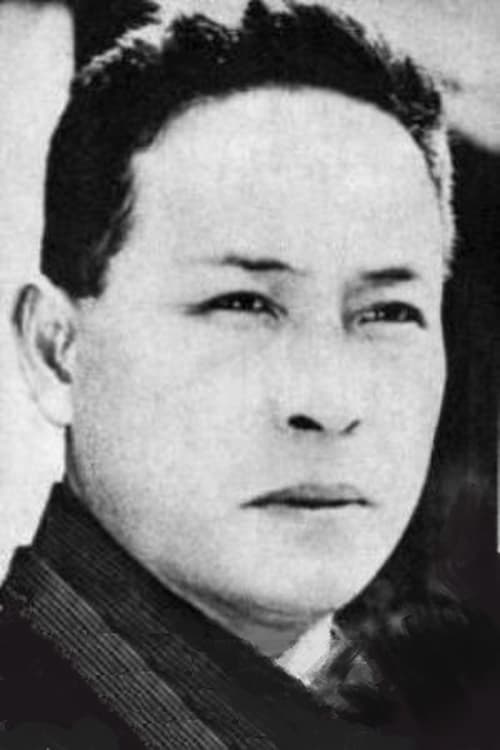
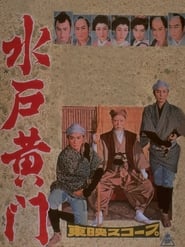 This most celebrated allstar movie version...
This most celebrated allstar movie version... Japanese horror movie from 1955
Japanese horror movie from 1955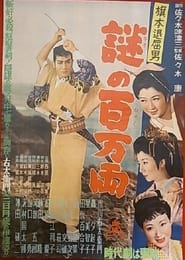 Bored Hatamoto film 16
Bored Hatamoto film 16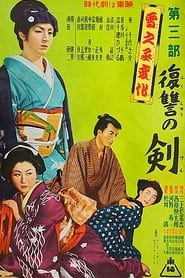 The final third part of an...
The final third part of an...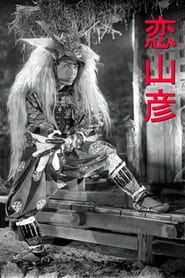 A man is brutally murdered and...
A man is brutally murdered and...